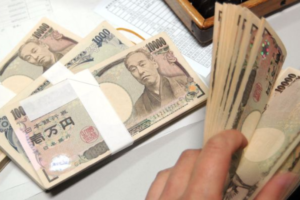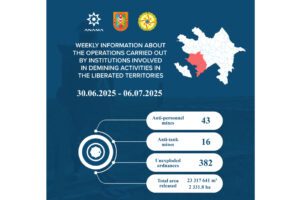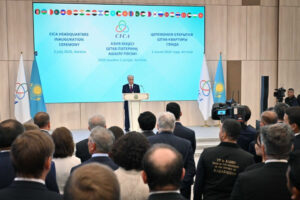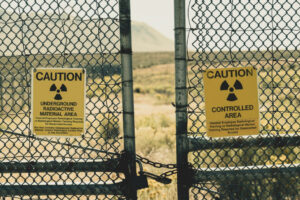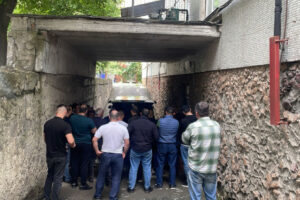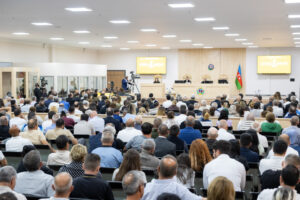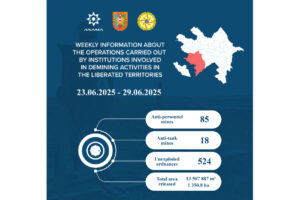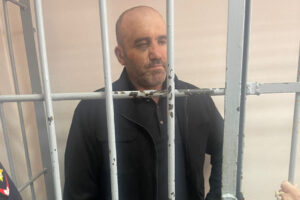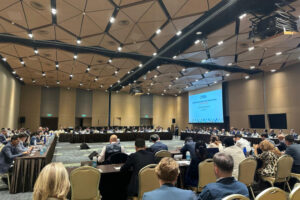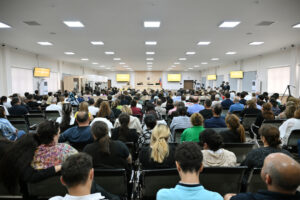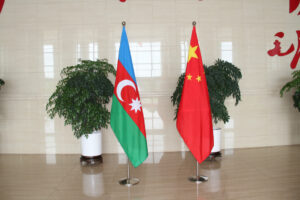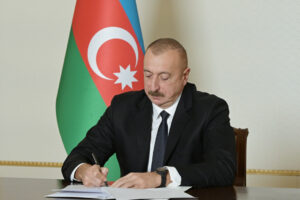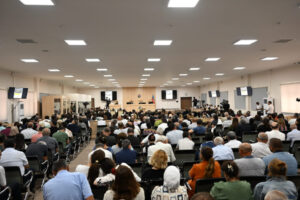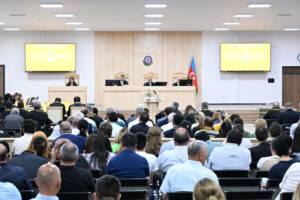Tokyo, 10 July, /AJMEDIA/
Voting is under way for a House of Councillors election Sunday, with rising prices and security threats seen as being at the forefront of the people’s minds as Japan also reels from the death of Shinzo Abe, a former prime minister who was gunned down on the campaign trail.
The outcome of the triennial election is a gauge of voter confidence roughly nine months into the government of Prime Minister Fumio Kishida, who has set a goal for his ruling Liberal Democratic Party and coalition partner Komeito to retain a majority in the upper house.
A decisive win would strengthen Kishida’s grip on power at a time when the economic recovery from the COVID-19 pandemic is being threatened by surging energy and food prices, and heightened security concerns amid Russia’s invasion of Ukraine have led to calls for a stronger defense posture.
Abe, who was an LDP member of the House of Representatives, was fatally shot Friday while delivering a speech to rally support for the ruling coalition in Nara, western Japan.
Any impact of his death on the election remains uncertain, though it united political leaders across their party lines in vowing not to yield to violence intended to quash the freedom of speech as campaigning drew to a close.
Kishida had strong support from Abe, who remained influential even after his nearly eight in office and was vocal about more fiscal and defense spending.
Known for his “Abenomics” economy-boosting program, the late prime minister had continued supporting bold monetary easing by the Bank of Japan even though it has come under greater scrutiny for its yen-weakening effect to the detriment of resource-poor Japan.
The opposition camp remained fractured heading into the election, bringing into focus whether the Constitutional Democratic Party of Japan can maintain its strength in the upper house and the Japan Innovation Party can build on its growing popularity seen in recent elections.
Elections are held for half of the upper house every three years. This time, a total of 125 seats are up for grabs — 124 for half of the 248-member chamber and one to fill a vacancy in the other. Voting is scheduled to end at 8 p.m.
Voters will cast two ballots — one to choose electoral district representatives and one under proportional representation.
Key numbers for the election include 55 — the number of seats necessary for the LDP and Komeito to retain a majority in the upper house.
Another focal point is whether the LDP, Komeito and other pro-constitutional amendment forces will maintain the two-thirds majority needed to initiate a proposal for amending the supreme law for the first time since its promulgation in 1946, a long-held LDP goal.
A total of 545 candidates are vying for the 125 seats — 74 in electoral districts and 50 by proportional representation, plus one vacant seat to fill. The total includes a record 181 female candidates.
Ruling and opposition parties have sparred over ways to help households hit by the rising cost of living, partly blamed on Russia’s war in Ukraine and a weak yen, a rare occurrence in a nation known for deflationary mindsets among firms and consumers.
Kishida, the head of the LDP, has pledged to take the necessary steps to soften the blow from rising prices, countering opposition parties, including the CDPJ, which have lashed out at his administration for doing little and called the price trend “Kishida inflation.”
Opposition parties are calling for reducing or eliminating the consumption tax, currently at 10 percent.
Parties differ on how Japan should bolster its defense to cope with security threats increasingly highlighted by Russia’s war in Ukraine, an assertive China and a nuclear-armed North Korea.
The LDP has pledged to strengthen Japan’s defense capabilities with an eye to boosting its defense budget to 2 percent or more of gross domestic product.
That stance contrasts with Komeito and the CDPJ, which see the need first to discuss the substance, not size, of defense spending.
The death of Abe means the loss of a staunch supporter of constitutional reform, including the war-renouncing Article 9, a sensitive issue for South Korea and China, both of which suffered from Japan’s wartime militarism.
The LDP aims to end the debate over the constitutionality of the Self-Defense Forces by explicitly mentioning them in a revised version.
Underscoring the severity of the security environment, Komeito has shown a tilt toward the conservative LDP, saying in its election campaign that it will “consider” the need to add such a reference, while the CDPJ is opposed to the LDP plan.
As the Group of Seven leading democracies seek to cut dependence on Russian energy, Japan also faces the challenge of ensuring energy security.
The restart of nuclear power plants, taken offline following the 2011 Fukushima disaster, remains a sensitive issue in Japan.
The LDP is pushing for maximum use of nuclear power and renewable energy, while the CDPJ is aiming for a society that is not reliant on fossil fuels and nuclear power.



